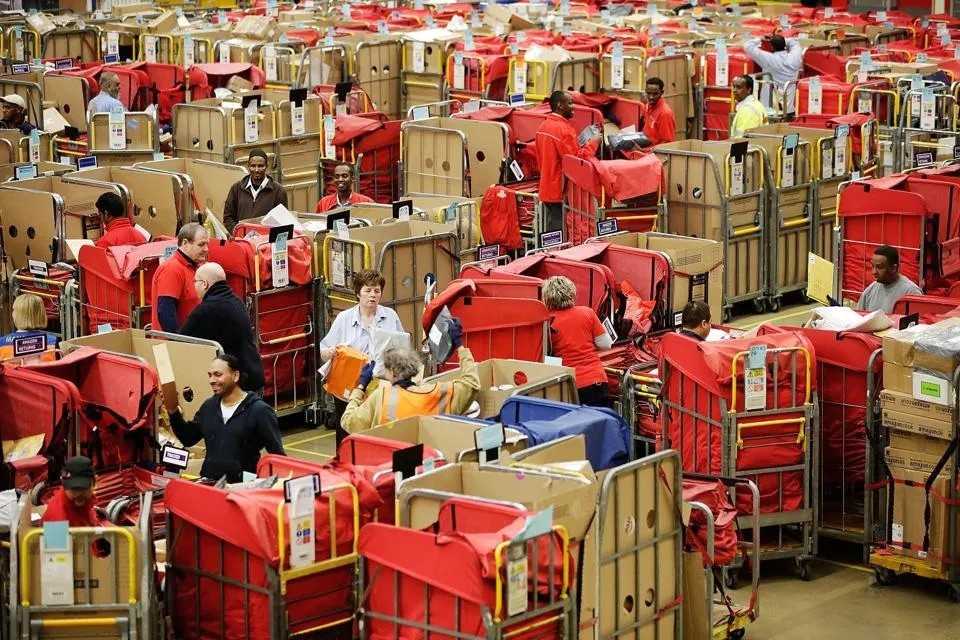Thai drugs crackdown highlights postal deliveries and manipulated mules
A new agreement between the UK Border Agency and Thailand sees parcels undergoing more rigorous testing for illegal substances.
Drugs syndicates in Thailand have lost confidence in sending drugs to UK by post after a bilateral agreement between British police and the Thai post authority. In the last five months, the operation has already led to a 90 percent drop in suspect parcels owing to more rigorous checks at Bangkok airports, according to the National Crime Agency. Thai customs department director general Theeraj Athanavanich recently visited UK with his senior team.
Thai police lieutenant colonel Arun Musikin said that the postal crackdown has led to a leap in the number of drug couriers recruited by syndicates amongst young British tourists. “Over 50 British nationals have been arrested here on suspicion in the past six months, plus more overseas at foreign airports,” he said. The latter group has included young British women at airports in Georgia, Sri Lanka and Ghana and men in Dubai, Spain and Chile.
Researcher Nathan Southern of the Eyewatch Project said that there were many reasons for young people to risk arrest by acting as drug mules. He said some were caught in a honey trap, others just wanted some excitement, a free trip or the chance to have some money. The fact that Thailand has decriminalized cannabis internally has led some tourists wrongly to believe the customs regulations are weak or that contraband will simply be confiscated – with the traveller allowed to depart without further consequences.
Immigration police at Columbo airport, Sri Lanka, say profiling arriving passengers often leads to arrests.
Experts say that Thailand in particular has become a chamber of commerce for organized crime as drugs bosses try to cash in on the boom in legally-grown cannabis. Dr James Windle, a criminologist, told Metro that there will often be a grooming process coupled with a hint of revenge if the potential mule tries to back out. None the less, the vast majority of south east Asia’s drug exports still rely on maritime routes dominated by narcotics from the Golden Triangle centered on Myanmar. Illegal dispatch by air can’t cope with the international demand.
Although arrested couriers invariably claim innocence and say their luggage was fixed by third parties, the punishments tend to be very harsh unless the case tried in UK. Lindsay Sandiford was sentenced to meet the firing squad in Indonesia in 2013 and all attempts to move her to UK to date have failed. An exception was Samantha Orobator, found guilty in Laos in 2008 and sentenced to life, but transferred to the UK and its more lenient justice system the year after because of her pregnancy. Both cases had connections to Thailand.
According to the UN Office for Drugs and Crime, advanced person-technology at airports has reduced the attractions of swallowing balloons or attempting to hide drugs on the person. It is preferred to use mules because they are dispensable if arrested, but also because passenger luggage checks at airports are not always thorough. Questions are now being asked why the huge quantity of drugs in the luggage of Bella May Culley and Charlotte May Lee were not discovered at Suvarnabhumi airport but only on landing in Tbilisi and Colombo respectively. Arresting immigration officers in both countries said the success was due to arriving passenger profiling.



